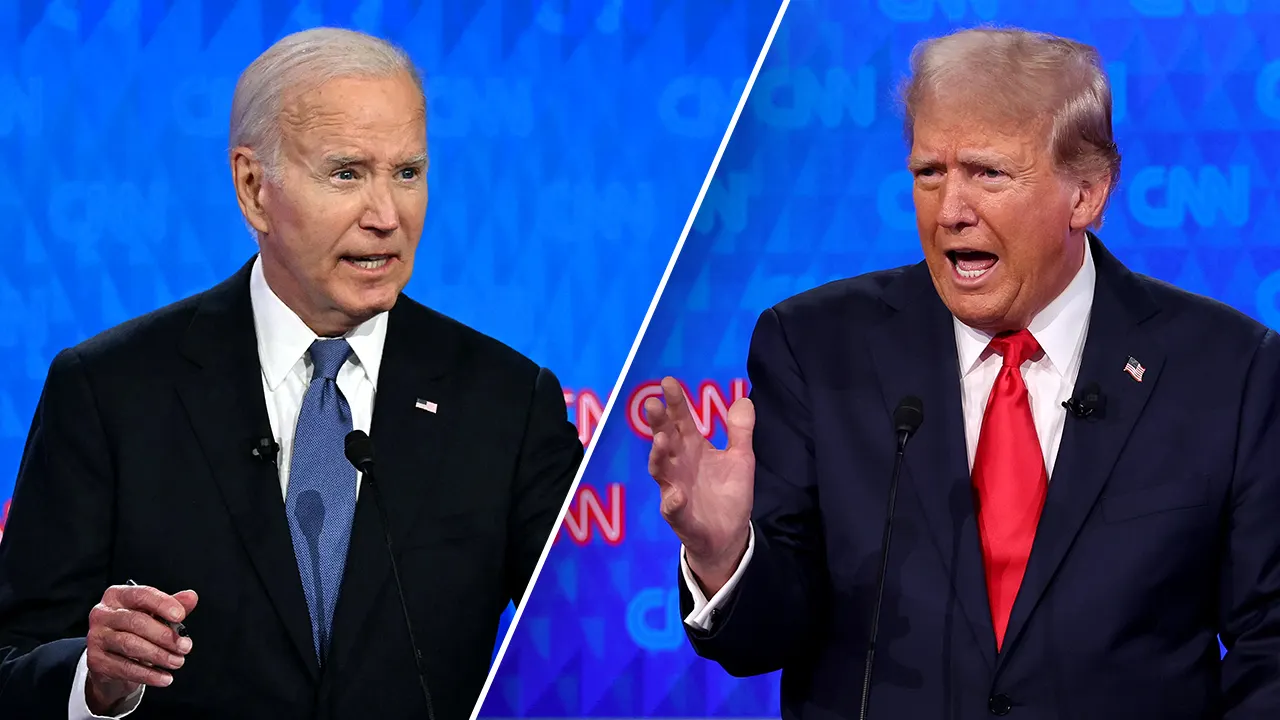TOPEKA, Kan. (KANSAS REFLECTOR) – The Kansas secretary of state said Monday the presidential preference primary in March cost nearly $2 million less than anticipated by the Kansas Legislature due to lack of competitive races in the major political parties and disinterest among the state’s voters.
Only 9% of registered Kansans took part in the presidential primary election that cost taxpayers $2.78 million, Secretary of State Scott Schwab said. He said the 2023 Kansas Legislature budgeted $4.7 million to host the state’s third presidential primary.
“At the time the estimate was made, it was anticipated that there would be a larger pool of candidates still participating in the primary by the time Kansans went to the polls,” Schwab said.
Campaigns for the Democratic and Republican party nominations for president had been resolved by the time Kansas conducted its post-Super Tuesday preference primary. While there were four GOP and four Democratic candidates on ballots in Kansas, the only active campaigners were former President Donald Trump and President Joe Biden. Trump and Biden had already secured enough delegates to win nominations.
Biden received 83.6% of the vote among registered Kansas Democrats against Dean Phillips of Minnesota, Jason Palmer of Maryland and Marianne Williamson of California. None of the other candidates received more than 3.4%. More than 4,400 participants, or 10.3% of participants, wrote in other names.
Trump prevailed in the Republican primary in Kansas with 75% of the vote. Former United Nations Ambassador and South Carolina Gov. Nikki Haley secured 16%, Florida Gov. Ron DeSantis had 2.6% and Ryan Binkley of Texas received 0.5%. In addition, candidates not on the ballot pulled down 5.2%.
It was the third time since 1980 that Kansas conducted a presidential primary. In the past, Kansas allowed the two major parties to conduct caucuses to determine partisan preferences in presidential contests. The state would return to the caucus format in 2028 unless lawmakers approved an alternative.
The legislative path to the 2024 Kansas presidential primary was rocky. The Kansas Senate voted 28-12 to conduct and finance presidential preference primaries. The Kansas House rejected the bill 56-64, in part, due to the price tag of $4 million to $5 million. On the next day in April, the GOP-controlled House reversed course and adopted the bill 86-32. Gov. Laura Kelly signed the measure two weeks later.
Motivation among Republican legislators endorsing creation of a presidential primary was Trump’s 2016 loss in Kansas caucus voting to U.S. Sen. Ted Cruz of Texas.
Rather than caucuses organized and financed by the state’s two largest political parties, all Kansas taxpayers shared in cost of the 2024 presidential primary whether they voted or not.
“This is taking the taxpayers’ money and giving it to the Republican Party and the Democratic Party,” said Fort Scott Republican Rep. Trevor Jacobs, who voted against the primary twice.
Schwab said the Legislature’s appropriation enabled counties to be reimbursed for direct expenses associated with the presidential primary. He said the event was an opportunity for county officials to prepare for the Aug. 6 primary election and the Nov. 5 general election.
“The final cost of the primary shows that our trained county election professionals were able to conduct this election efficiently, on time and under budget,” he said.
Copyright 2024 WIBW. All rights reserved.













